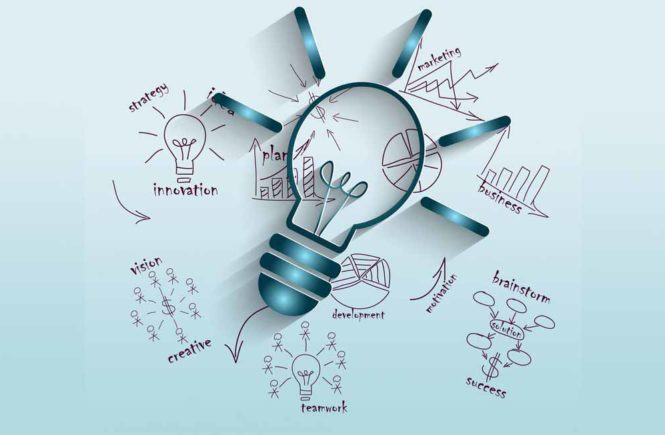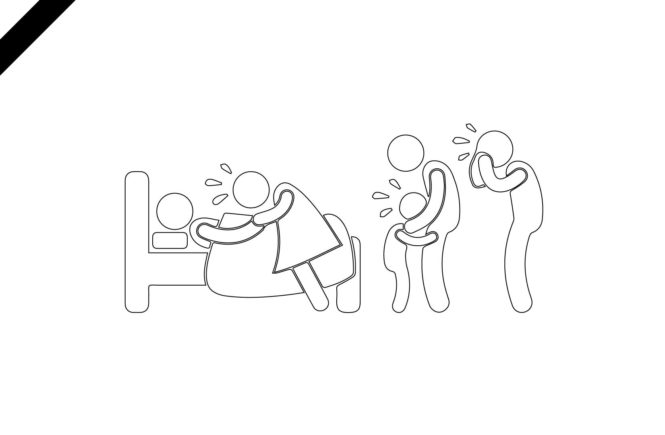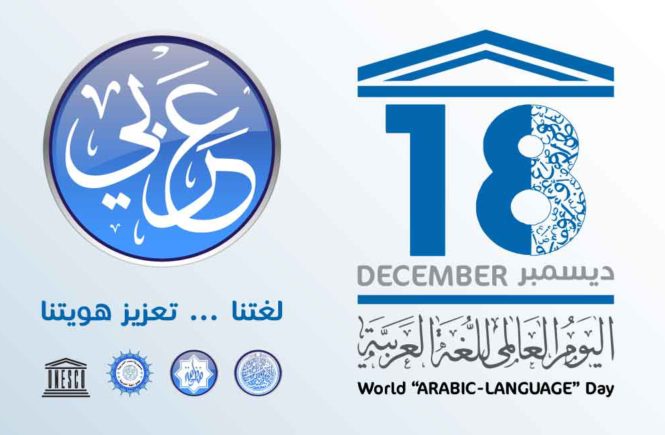Different healthcare standards or initiatives serve the different healthcare segments effectively in delivering critical information between systems.
Examples of key healthcare integration standards include:
HL7: Health Level Seven – provides standards for exchanging clinical data.
DICOM: Digital Imaging and Communications in Medicine – provides for handling, storing, printing, and transmitting information in medical imaging.
HL7 CDA: Clinical Document Architecture – provides an exchange model (XML-based) for clinical documents (such as discharge summaries and progress notes); recently known as the Patient Record Architecture (PRA).
CCR: Continuity of Care Record – responds to the need to organize and make transportable a set of basic information about a patient’s health care that is accessible to clinicians and patients.
CCOW: Clinical Context Management Specification – allows clinical applications to share information at the point of care.
LOINC: Logical Observation Identifiers Names and Codes – applies universal code names and identifiers to medical terminology related to the Electronic Health Record and assists in the electronic exchange and gathering of clinical results (such as laboratory tests, clinical observations, outcomes management and research).
ELINCS: EHR-Lab Interoperability and Connectivity Standards – an emerging standard for reporting lab test results.
X12: Provides for electronic exchange of business transactions-electronic data interchange (EDI). The American National Standards Institute (ANSI) chartered the Accredited Standards Committee (ASC) X12 to develop uniform standards.
SNOMED: Systematized Nomenclature of Medicine Clinical Terms – provides comprehensive computerized clinical terminology covering clinical data for diseases, clinical findings, and procedures.
NCPDP: National Council for Prescription Drug Programs – governs prescription transactions.
IHE: Integrating the Healthcare Enterprise – promotes the coordinated use of established healthcare integration standards, such as DICOM and HL7, to address specific clinical needs in support of optimal patient care.
CCHIT: Certification Commission for Healthcare Information Technology – serves as the recognized US certification authority for electronic health records (EHR) and their networks. In September 2005, CCHIT was awarded a 3-year contract by the U.S. Department of Health and Human Services to develop and evaluate the certification criteria and inspection process for EHRs and the networks through which they interoperate.
HITSP: Healthcare Information Technology Standards Panel – assists in achieving widely accepted and readily-implemented consensus-based standards that will enable and support widespread interoperability among healthcare information technology, especially as they would interact in a Nationwide Health Information Network (NHIN) for the United States.




